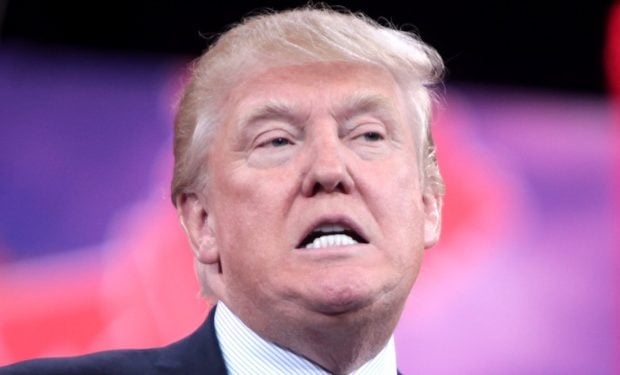Bradley P. Moss, an attorney who specializes in “litigation on matters relating to national security, federal employment and security clearance law, as well as the Freedom of Information Act/Privacy Act,” sees the 2024 Iowa Caucus — and its head-on collision with a frigid Mother Nature — as further reason to advance a cause that seems reasonable to most Americans: allowing citizens to vote early (not just on a single election day) through mail or by some other method.
Moss writes on X, with plenty of snark: “I see a lot of concern about weather in Iowa disrupting turnout for the GOP caucus. It’s almost like an election process that allows advance voting so it’s not all one-day-dependent minimizes the ability of the weather to deprive people of the right to vote.”
I see a lot of concern about weather in Iowa disrupting turnout for the GOP caucus.
— Bradley P. Moss (@BradMossEsq) January 13, 2024
It’s almost like an election process that allows advance voting so it’s not all one-day-dependent minimizes the ability of the weather to deprive people of the right to vote.
[NOTE: Iowa expects record cold and blizzard conditions for its January 15 caucuses, conditions which are expected to depress voter turnout.]
Mother Nature sometimes makes a big show of interrupting elections, in which broad participation is ostensibly desirable, but more mundane conditions also make it harder for some voters to exercise their voting rights — challenges with getting time away from work, coordinating child care, and myriad other factors diminish participation by otherwise willing and able voters.
Advocates for early voting, like Moss and many Democrats, have long faced resistance on the issue, however, largely from conservatives who argue it opens up avenues for fraud and say, among themselves, that it too often results in more Democrat votes.
But even Fox News star Sean Hannity has called on Republicans to stop the resistance to early and mail-in voting, saying instead the GOP should use the practice to their advantage, encouraging early participation among Republicans.
And in a rare moment when the ACLU and former President Donald Trump hold the same opinion, Trump has recently changed his tune and invited early voting:
Former President @realDonaldTrump wants YOU to Bank Your Vote! We all must do our part to defeat the Democrats!
— GOP (@GOP) July 26, 2023
Go to https://t.co/6UQDa9dR3G to sign up. pic.twitter.com/n3w24Yz5Kl
The ACLU equates the cutting back of early voting rights — a GOP initiative that started gaining momentum in 2011 — with “voter suppression” saying Republicans are pursuing this for “political gain” as the GOP voter base is pursuing this for “political gain.”
Ballotpedia lists the early voting pros and cons succinctly this way:
- Supporters of early voting argue that it increases voter turnout among certain groups, reduces wait times at the polls, is easy to implement, and accommodates more voters; and
- Opponents of early voting argue that it leads to ill-informed voting, creates logistical concerns and fraud risks, and prevents voters from changing their votes.
